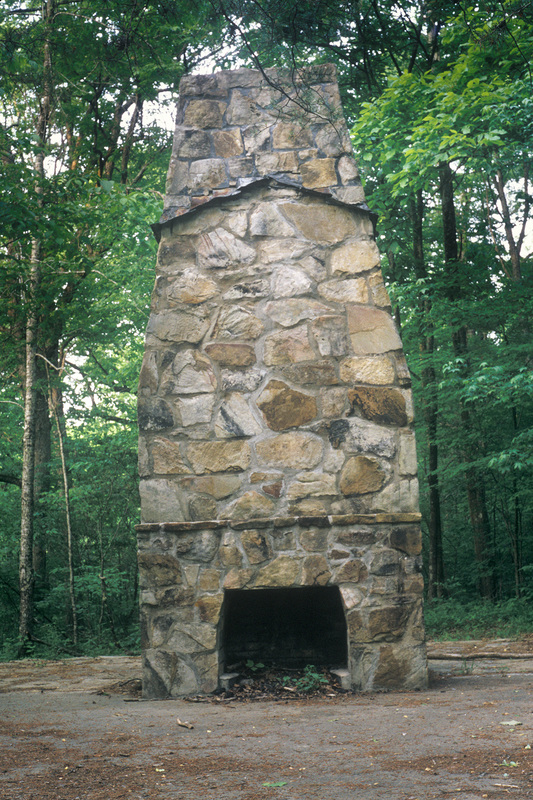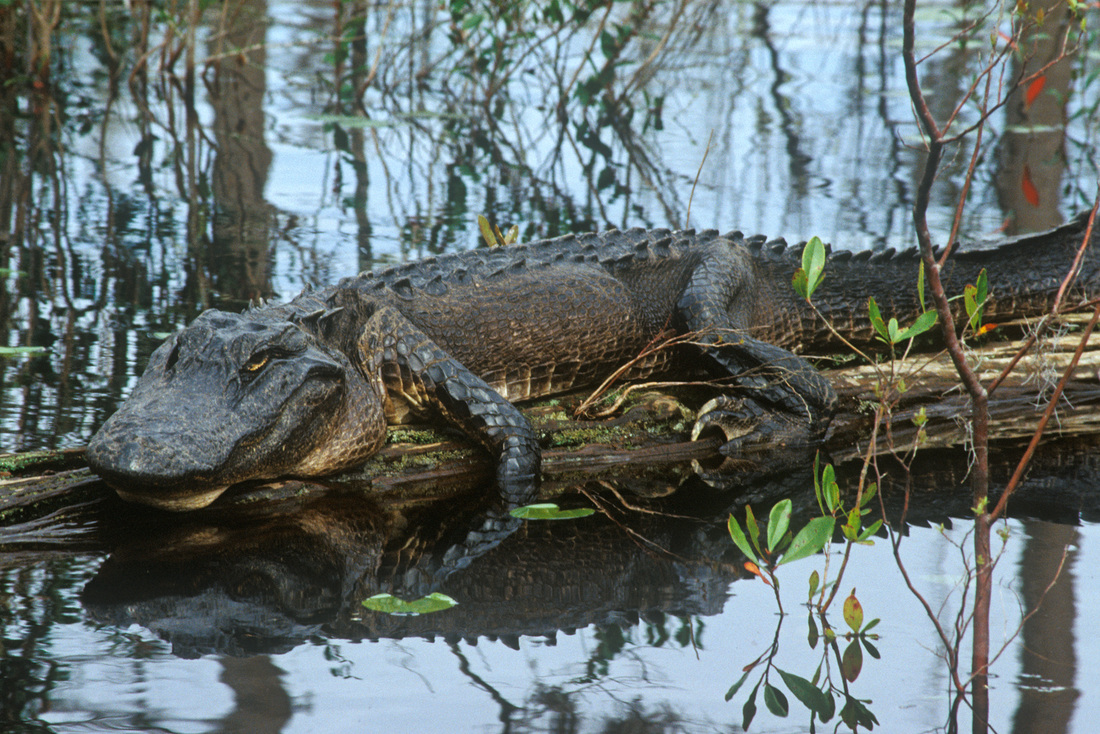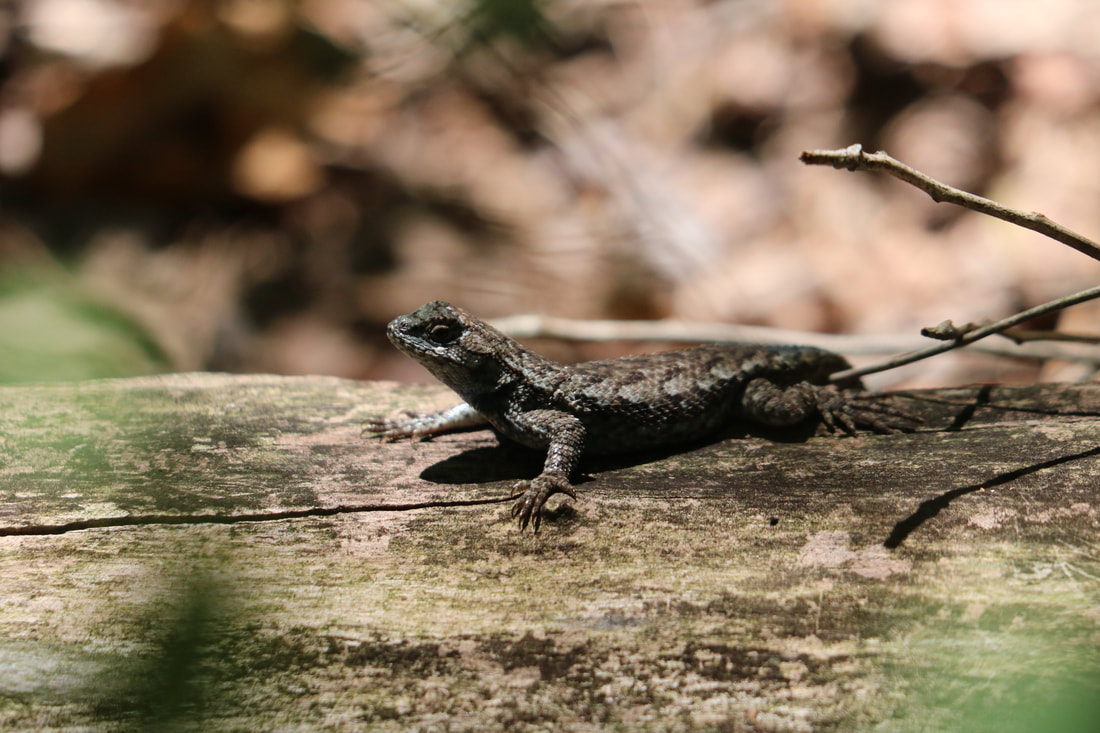The Lost Neruda Poems
Translated by Forrest Gander
Copper Canyon Press
Reviewed by Ray Zimmerman
Pablo Neruda is perhaps best known for his love poems, and this volume does not disappoint. Several poems celebrate Matilde, the poet’s muse and third wife, through direct and indirect references. Matilde inspired Neruda’s work, including over 600 published poems.
Other poems praise his Chilean homeland, bordered by the Pacific coast to the west and the cordilleras of the rugged mountains to the east. One poem describes the land slipping out of sight as a ship, likely carrying Neruda to one of his diplomatic posts, moves out to sea. He also celebrates the rugged nature and the resilience of his countrymen, the Chilenos. In the poem, which gives the book its title, Neruda advises a younger poet to “toughen up/ take a walk/ over the sharp stones/ then come back.” He remembers his own youth in this same piece.
Archivists found manuscripts for these twenty-one poems and fragments while conducting an inventory of the poet’s personal papers, now in the custody of the Neruda Foundation. The new volume went to press in Spanish forty years after Neruda’s death, coincidentally near the time when new evidence came to light supporting the long-held belief that the poet was assassinated by a follower of the military dictator Augusto Pinochet, a man whose brutal regime ordered the execution, torture, and “forced disappearance” of thousands of people.
Rather than publish the poems in Spanish and in English translation on facing pages, the Copper Canyon edition presents the English and Spanish versions in separate sections. Facsimiles of some of the original handwritten drafts also appear in this unique volume. The book is an excellent read from one of the twentieth century's great poets.



 RSS Feed
RSS Feed